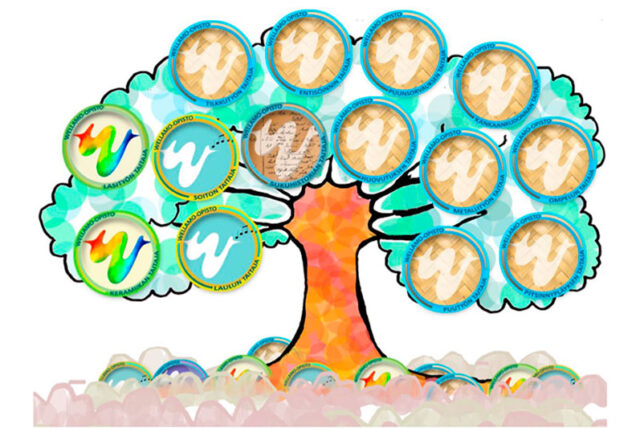Adult Education and Validation
Should the full range of knowledge and competences held by an individual be recognised?

Who is qualified to be an adult educator?
While teaching primary school children requires a qualification, in many countries virtually anyone can declare themselves to be an adult educator. The GRETA project in Germany is trying to find structure in a field suffering from systemic deskilling.

Validation in adult education – citizen’s right or a bugbear of achievement society
How do you prove that you have a certain skill? This is the question on everyone’s lips in the field of non-formal or liberal adult education. My question was, do I really have to? The text is an editorial written for issue 1/2019 on Adult Education and Validation.

Improving Portugal’s levels of education at Qualifica Centres
Qualifica centres are state-supported validation and qualification centres for adults. The results are promising, as the example of Azambuja’s Qualifica centre shows.

Validation processes set to gain from 21st-century innovations – Challenges in certification still hampering learners
The modern world of open borders, workforce mobility and ever more digital and non-formal learning opportunities pose a validation challenge: a need to establish up-to-date methods for recognising competences.

A badge for (working) life
Skills-based badges not only recognise a learner’s achievements but also boost their self-esteem and motivation. Merja Kittelä, a teacher responsible for planning at Wellamo Community College, answers three quick questions about her work in the validation of non-formal learning.

The recognition of all learning – not a utopia but a service package!
It is time to update traditional ideas about the recognition of learning, and to adopt a model from the world of children and young people, writes Lauri Tuomi, CEO of the Finnish Lifelong Learning Foundation. The text is a column written for issue 1/2019 on Adult Education and Validation.

The notion of validation dominates the way we recognise learning – and this is why it is a problem
French learning technology expert challenges the monopoly of institutional validation and shares his view on how learning should be recognised.



